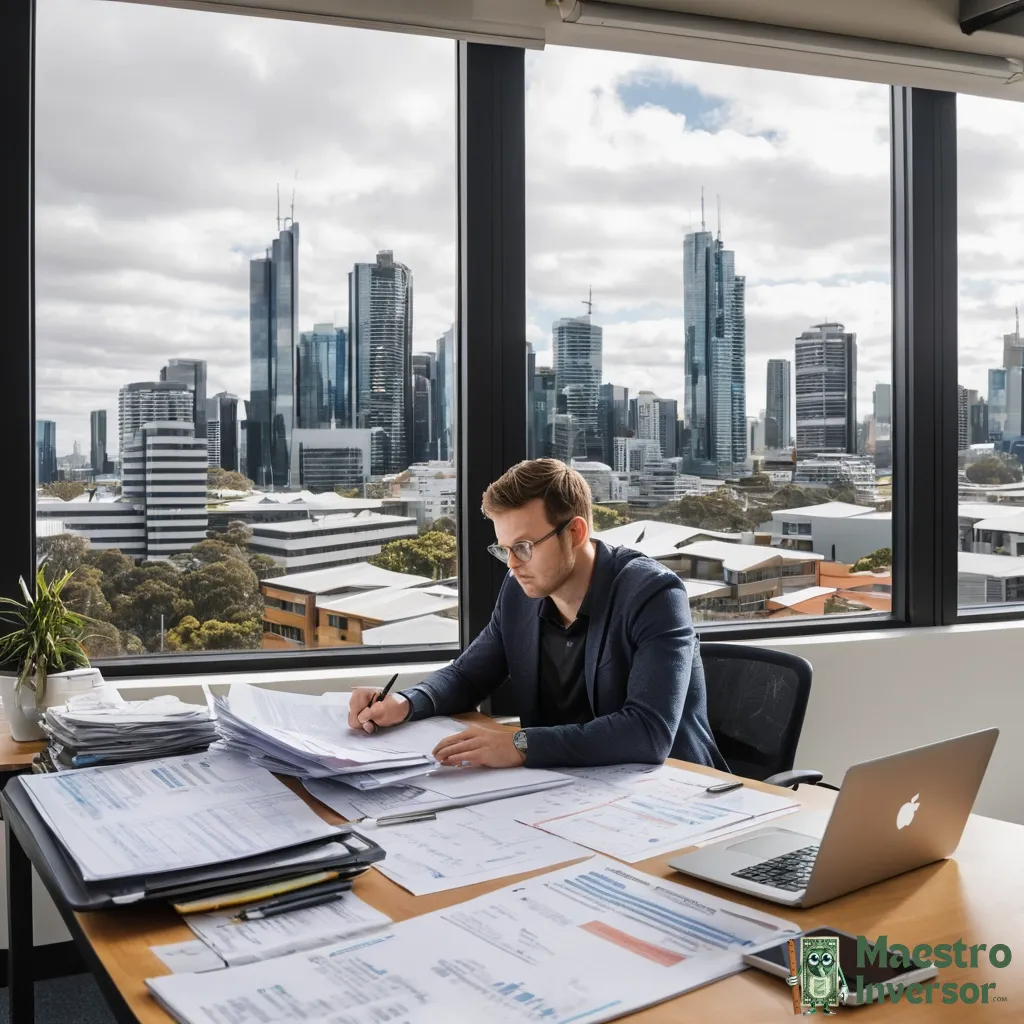
Starting a small business in Australia can be a daunting task, especially when it comes to determining the initial investment required. The cost of setting up a small business in Australia varies widely depending on the type of business, industry, and size. However, there are some common expenses that most small business owners can expect to incur. According to the Australian Bureau of Statistics (ABS), the number of small businesses in Australia has been steadily increasing over the past decade, with over 2.3 million small businesses currently operating in the country.
Initial Start-Up Costs
The initial start-up costs for a small business in Australia can range from a few thousand dollars to hundreds of thousands of dollars. These costs typically include expenses such as registering the business, obtaining necessary licenses and permits, and setting up the business’s physical and technological infrastructure. Some of the common initial start-up costs include:
- Business registration: $37-$427, depending on the type of business and registration method
- Domain name registration: $10-$50 per year
- Website development: $1,000-$10,000, depending on the complexity of the website
- Marketing and advertising: $1,000-$10,000, depending on the marketing strategy
- Insurance: $500-$5,000 per year, depending on the type and level of coverage
Ongoing Expenses
In addition to the initial start-up costs, small business owners in Australia also need to consider ongoing expenses. These expenses can include rent, utilities, equipment, supplies, and employee salaries. The cost of these expenses can vary widely depending on the type of business and its size. Some common ongoing expenses include:
- Rent: $1,000-$10,000 per month, depending on the location and size of the premises
- Utilities: $100-$1,000 per month, depending on the size of the premises and energy usage
- Equipment and supplies: $100-$1,000 per month, depending on the type of business and equipment required
- Employee salaries: $2,000-$20,000 per month, depending on the number and type of employees
- Marketing and advertising: $500-$5,000 per month, depending on the marketing strategy
Industry-Specific Costs
Some industries have specific costs associated with them. For example, businesses in the food industry may require specialized equipment and licenses, while businesses in the construction industry may require heavy machinery and safety equipment. The cost of these industry-specific expenses can vary widely depending on the type of business and its size. Some examples of industry-specific costs include:
- Food business: $5,000-$50,000 for kitchen equipment and licenses
- Construction business: $10,000-$100,000 for heavy machinery and safety equipment
- Retail business: $5,000-$50,000 for inventory and point-of-sale systems
Government Grants and Funding
The Australian government offers a range of grants and funding programs to support small businesses. These programs can provide financial assistance for start-up costs, expansion, and innovation. Some examples of government grants and funding programs include:
- Entrepreneurs’ Programme: provides funding and support for entrepreneurs and small businesses
- Small Business Grant: provides funding for small businesses to improve their competitiveness and productivity
- Research and Development (R&D) Tax Incentive: provides a tax offset for businesses that invest in R&D
Taxation and Compliance
Small business owners in Australia also need to consider taxation and compliance costs. These costs can include expenses such as accounting and bookkeeping, tax returns, and compliance with government regulations. The cost of these expenses can vary widely depending on the size and complexity of the business. Some examples of taxation and compliance costs include:
- Accounting and bookkeeping: $500-$5,000 per year, depending on the size and complexity of the business
- Tax returns: $100-$1,000 per year, depending on the complexity of the tax return
- Compliance with government regulations: $500-$5,000 per year, depending on the type of business and regulations
In conclusion, the cost of starting a small business in Australia can vary widely depending on the type of business, industry, and size. However, by understanding the common expenses and costs associated with starting a small business, entrepreneurs and small business owners can better plan and prepare for the financial requirements of their business. It is also important to consider government grants and funding programs, as well as taxation and compliance costs, to ensure the long-term success and sustainability of the business.

